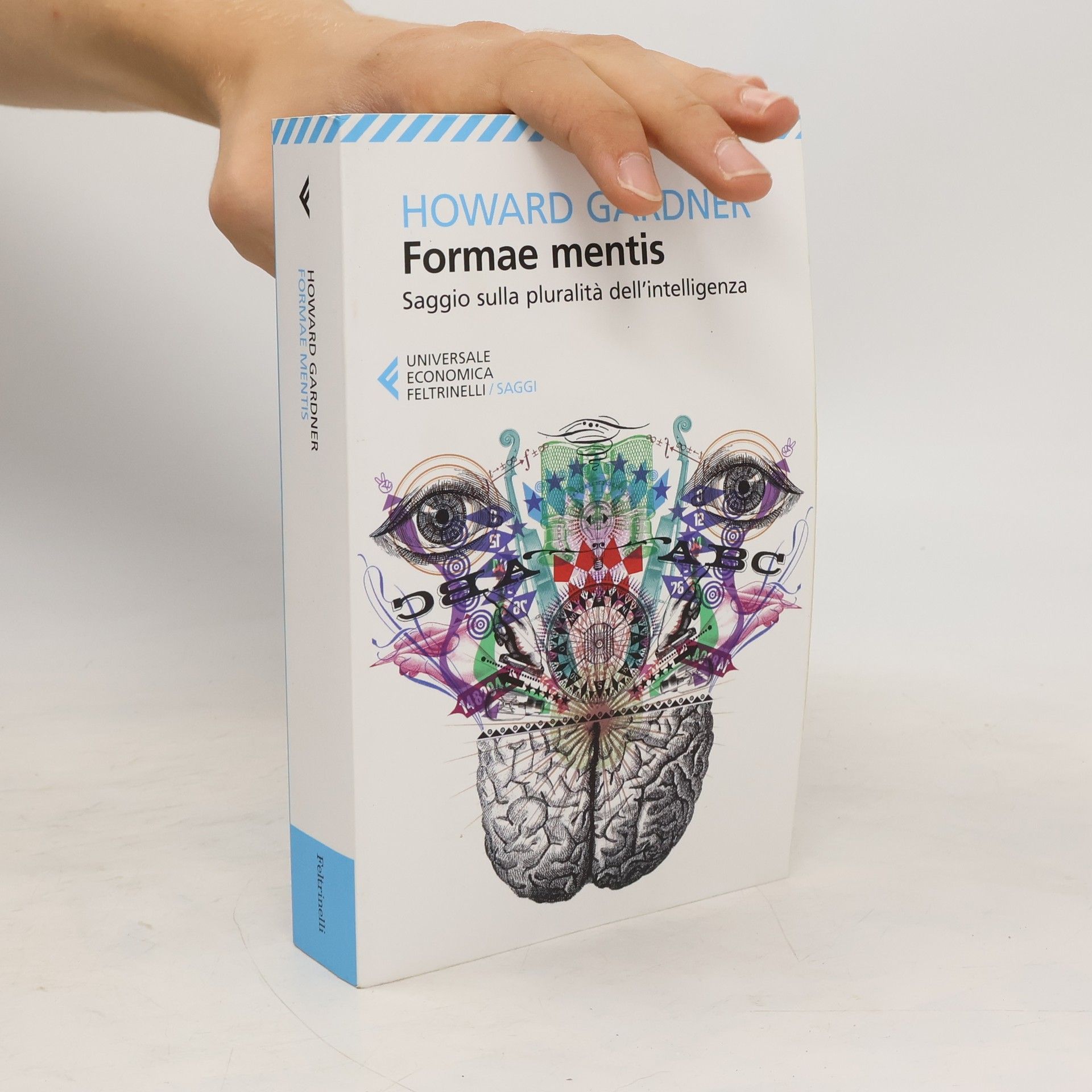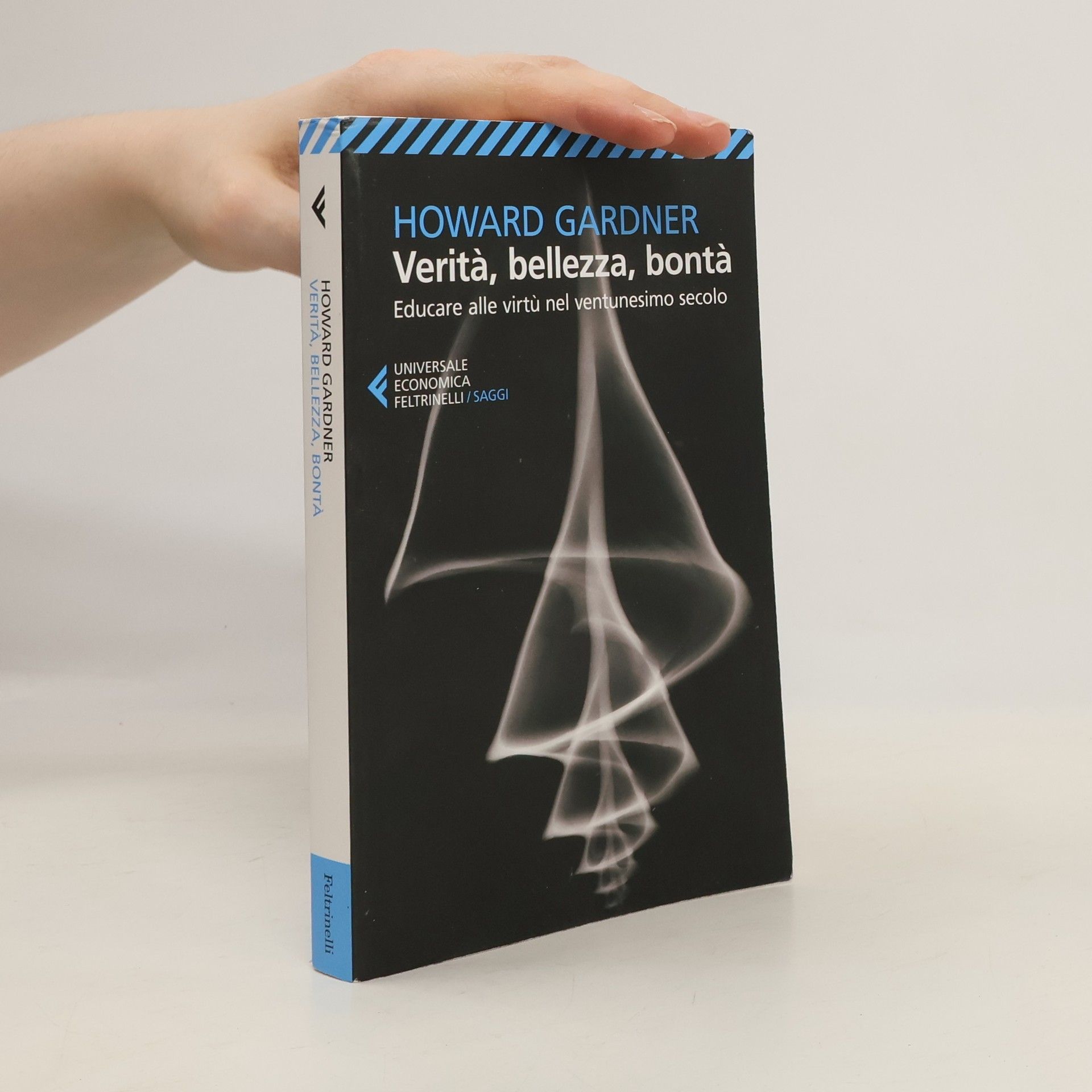Sapere per comprendere. Discipline di studio e disciplina della mente
- 320pagine
- 12 ore di lettura
Nonostante sia ormai universalmente riconosciuto che la qualità del sistema educativo di un paese è un fattore determinante per la sua crescita e il suo sviluppo, troppo spesso il dibattito pedagogico si esaurisce in sterili contrapposizioni fra progressisti e tradizionalisti o resta confinato ad aspetti secondari e particolaristici. "Sapere per comprendere" non si sottrae invece alla cruciale questione di definire metodi e contenuti di un'"educazione per tutti", il cui fine deve essere la formazione di individui capaci di comprendere, affrontare e migliorare il mondo in cui vivono. Ciò è possibile soltanto attraverso lo studio e la conoscenza della condizione umana, passata e presente, e soprattutto attraverso una profonda comprensione delle sfere del vero (e del falso), del bello (e del brutto), del bene (e del male). Gardner passa quindi in rassegna diverse istituzioni scolastiche contemporanee, dalle scuole materne di Reggio Emilia alle università statunitensi, analizzandone limiti e vantaggi, articolando sei percorsi educativi in grado di rispondere alle esigenze di differenti sistemi culturali.









